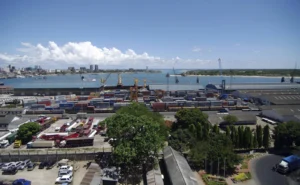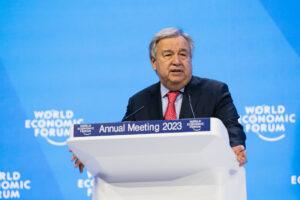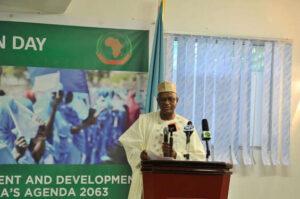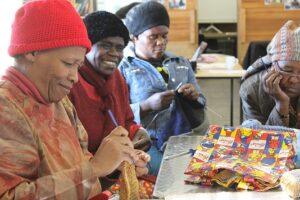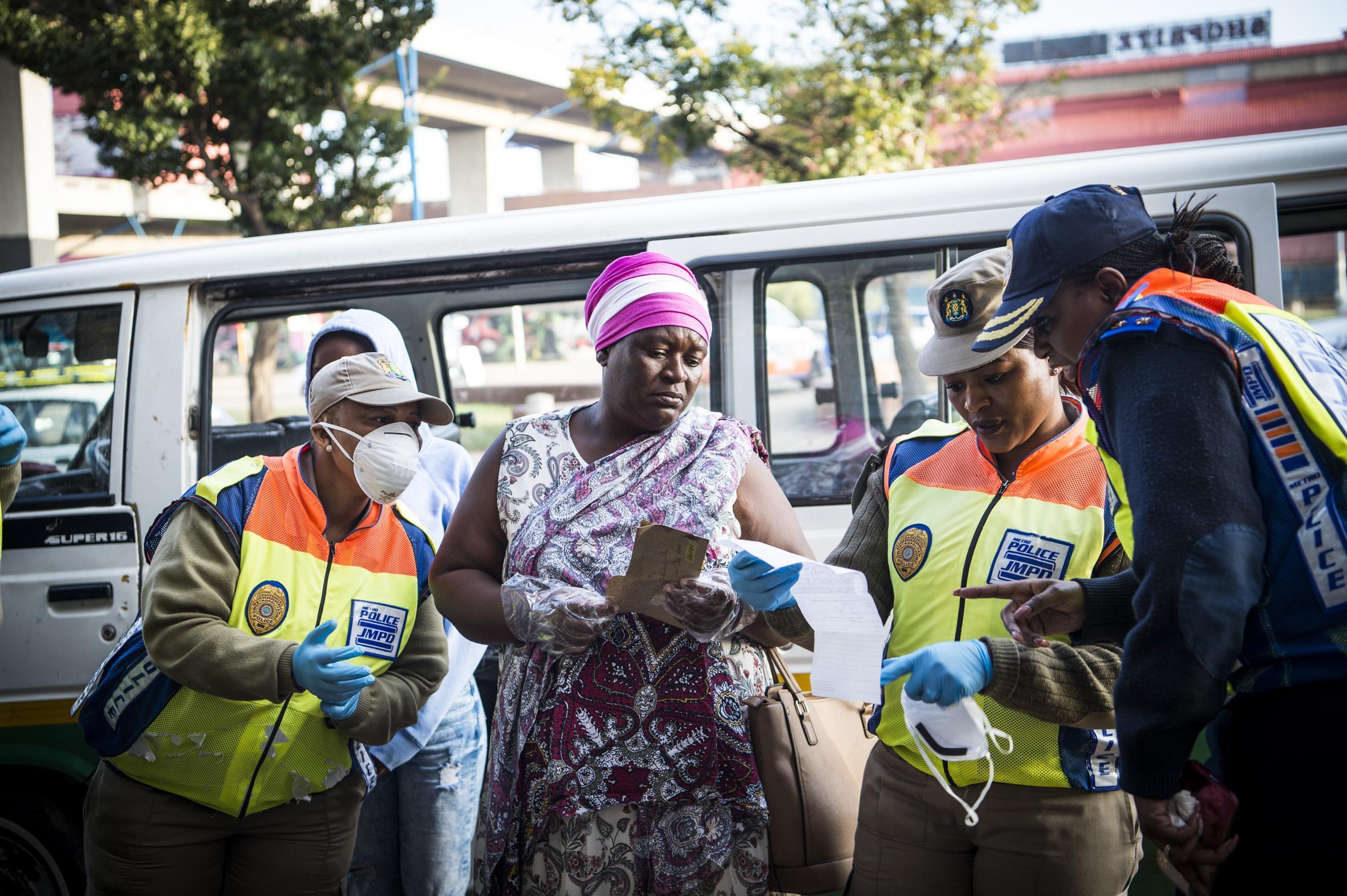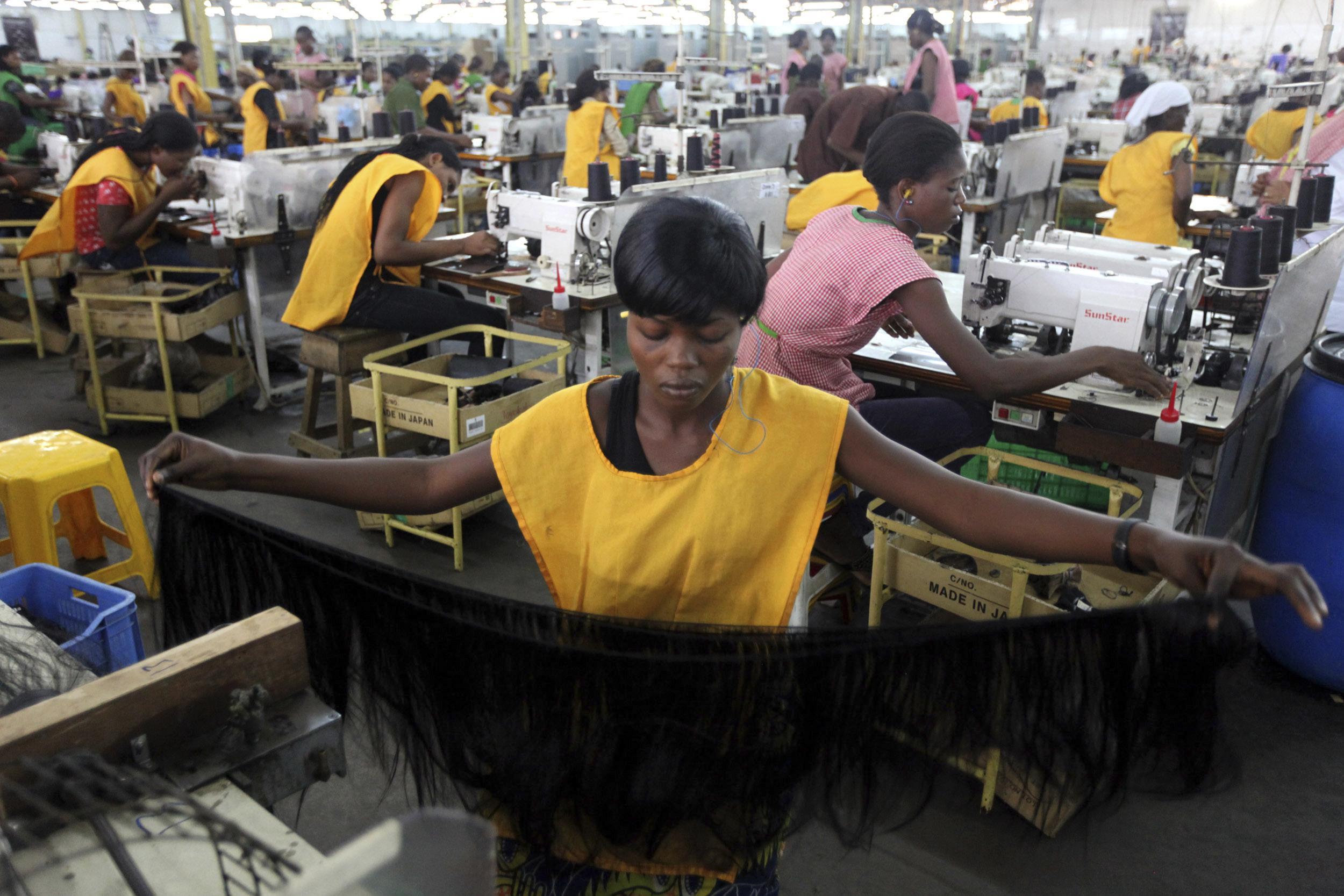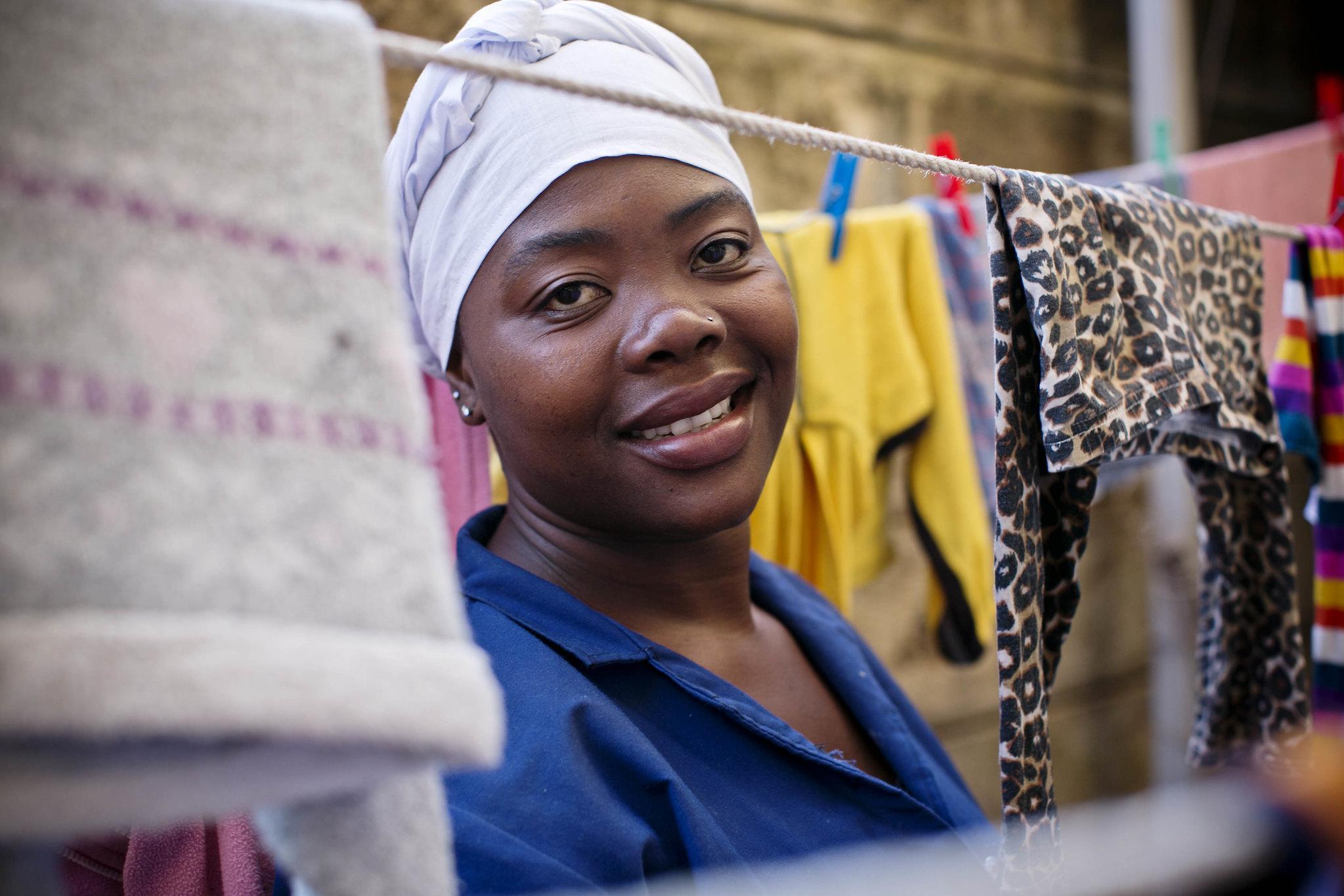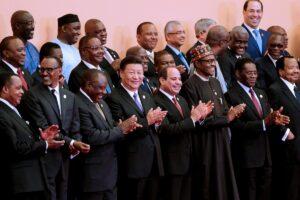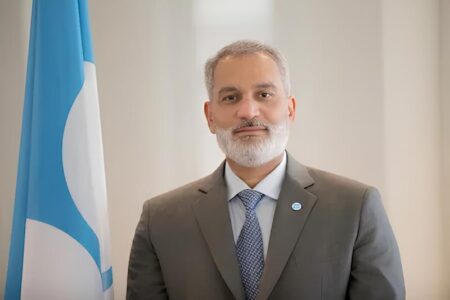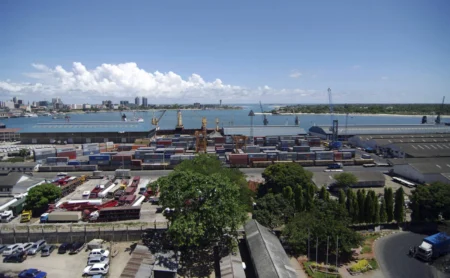- New $900,000 initiative aims to boost sustainable trade in Tanzania
- Organization of the Petroleum Exporting Countries’ (OPEC) pride in its African roots
- AIM Global Foundation pushes for stronger Gulf-Africa trade partnerships
- Investment opportunities in South Sudan’s emerging gold industry
- Family planning drive in Kenya gets 450,000 self-injectable contraceptive doses from UK
- AfDB commits $2 billion to revolutionise clean cooking in Africa, save forests
- The harsh realities of family laws for African women revealed
- Kenyan home buyers shift preferences, seek affordable housing despite market downturn
Premium
- Kenya’s forex reserves dipped to $6.2 billion on May 19, an eight-year low, before a slight improvement to $6.4 billion on May 26.
- At $6.4 billion, Kenya’s reserves are just 3.60 months of import cover, which is below the Central Bank of Kenya’s desired target.
- What’s more, the reserves are below the East Africa Community preferred threshold of 4.5 months of import cover, hence exposing the country to high volatilities in the global market.
A dip in export earnings, coupled with reducing diaspora inflows at a time of huge debt repayments have left Kenya grappling with low forex reserves, raising concerns on the health of East Africa’s economic powerhouse.
The low forex reserves are further compounding the dollar shortage problem that has been gripping importers for months. Importers, mainly in the manufacturing and the energy sectors, have been struggling to secure the greenback to replenish their suppliers.
Kenya’s forex reserves
…According to SWIFT, African regions with strong integration saw increased use of local currencies and decreased use of hard currencies such as the US dollar. For instance, the use of the West African franc by the eight countries in the West African Economic and Monetary Union has overtaken the South African rand and the British West African pound.
This implies that boosting the use of regional currencies will shield the African trade market from adverse global conditions associated with the performance of US dollars. However, further regional coordination remains necessary to build a continental payment system that encourages the use of local correspondent banks and local currencies. These moves can help in managing currency depreciation to boost African trade finance. …
Into a menacing economic quick sand African economies have been sinking, taking hefty blows from numerous unprecedented challenges birthed by the overarching global crisis. The status quo has instigated a clarion call to cushion them from dipping further beneath the horizon, by casting different viable iron rods, as the ‘one shoe fits all’ approach is not feasible due the dynamic nature of African economies. Inarguably, Africa has not been left unscathed amid the ongoing global ‘polycrisis’, as described in the 2023 World Economic Forum’s (WEF) Global Risks Report, to mean a cluster of related global risks with compounding effects, such that the overall impact exceeds the sum of each part.
In light of this, on day three of the WEF in Davos, Switzerland, UN Secretary General António Guterres in his speech, stated that at present the world faces “a category five” storm of challenges that need urgent action. These include …
The continent faces a stark challenge of energy availability. More than 60% of the population has no access to electricity. Moreover, a lack of clean energy for cooking remains a challenge. Even those with access to power face severe power cuts triggered by load-shedding and faults. Both triggers can be traced back to infrastructural challenges, including a lack of adequate generation capacity and aging infrastructure.
According to the World Bank’s State Of Access To Modern Energy Cooking Services Report, only 10 percent of sub-Saharan Africa has access to modern sources of cooking energy.
The effect of this inadequacy creates a ripple effect of problems. In terms of health, people are affected by diseases such as respiratory illnesses born out of using unclean energy sources.
Further, the environment suffers. In order to obtain firewood for cooking and other purposes, people are forced to cut down trees, often most indiscriminately. In …
The realities on the African continent are unpalatable. The levels of financial, education and energy poverty among several other scales of poverty are extremely high. Yet the continent lies on a bed of natural resources and is adorned by some of the most beautiful scenery in the world.
On top of that the biggest resource—its people—are capable of churning out ideas and innovation that can change the narrative on the continent. Africa is far from hopeless. Recognizing this, the African Union has set out to take steps towards achieving the realisation of a first class economic powerhouse by 2063.
The African Continental Free Trade Area (AfCFTA)
In a bid to achieve this agenda, a free trade area that seeks to create one common market through the integration of African countries was born. Of the 55 African countries 54 signed the agreement with Eritrea choosing to watch from the …
In 2013, the African Union penned the Agenda 2063 policy meant to revolutionize Africa into a formidable powerhouse among global players.
Key pillars of the policy include a thrust toward poverty eradication and sustainable development. The key to the achievement of this policy and any other that promotes Africa’s future lies in transforming the economic fortunes of its people.
Africa’s population is on a growth trajectory and is expected to double by 2025.One of the most significant challenges that the continent faces addresses the critical issue of absorbing these large numbers into meaningful income-generating opportunities.
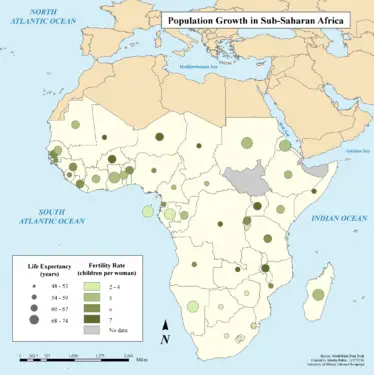
Currently, the employment gap vis-à-vis the growing employable population is widening. This is in part due to the coronavirus pandemic that created a situation of dwindling demand in labor after lockdowns and travel restrictions. Also, the current education gap creates a lack of access to education as well as skills training among employable youth. As …
It is with no doubt that the coronavirus pandemic (COVID-19) has caused serious troubles for economies around the world, namely in the developed world. However, addressing the matter in much of the developing world is quite different, as many governments have seen national economic outputs derailed by a few years. The situation is much worse, as its knocked off many African countries from their respective economic trajectories.
The health pandemic brought it’s friends along, as we’ve now witnessed an economic pandemic of sorts. Food crisis, housing crisis and political crisis have been all party to Covid-19, a theme that was explicit in the 2020 Bill and Melinda Gates Goal Keepers report published just last month (September 2020).
The report raised interesting issues to examine attentively. It argued that in just 25 weeks almost 25 years of progress was regressed, particularly on the Sustainable Development Goals and in particular …
Human Capital Horizon matters?
The human population comprises of valuable elements necessary for the development of the modern world. As the world keeps to shake off the remnants of the coronavirus, there are some crucial ideas emerging and compelling vital changes in the way humans work. As stability is being restored, it is important also to rethink how to sustain the human capital value over space and time. The future of work is dependent on how human capital is dispersed globally and how it reacts to what we would call the development of the modern world.
The current global crisis reveals holes in various sections of the workforce, including financial security and health coverage. With respect to Africa, the figures are heightened, and the “holes” as one would look at, in particular the formal employment sector, the numbers are astronomical.
Africa alone has more than 24 million …
Having an honest job is one of the most respectable activities a person can be consumed with. As long as one is able to pay bills, sustain their livelihoods, while living a dignified life, and of course pay taxes, should the latter be of grave concern, being employed has a positive social stigma associated to it.
Regardless, the privilege of having a job, especially today is one that many take for granted. Youth, in particular, those entering the workforce have an even tougher road to trek, when finding employment. The matter is worse in the developing world, where jobs are increasingly becoming scarce, even though politicians consistently campaign about job creation as a means to win voters.
Over the course of the past decade, labor productivity has become a major issue affecting all corners of the globe, but in Africa, the situation stands in peril.
The International …


